Why Meta Platforms Could Be the Next Big Stock Split—and a Smart Buy Now
Understanding Stock Splits: Beyond the Numbers
Many see stock splits as a superficial change—after a split, shareholders own the same percentage of the company, and the daily business remains unchanged. The main shift is that shares are now more affordable for new investors, while existing shareholders can buy or sell in smaller increments.
However, stock splits often follow sustained stock price growth and may signal management’s continued optimism about future performance. Companies are more likely to split their shares when they foresee ongoing price gains, and they tend to hold off if they believe the stock is overvalued. Historically, stock prices have experienced an uptick after a split is announced, as it often serves as a vote of confidence from leadership.
Meta Platforms: Poised for a Stock Split?
A company may consider splitting its stock for several reasons, such as the share price becoming too high for retail investors to easily buy whole shares. Other factors include the structure of share-based compensation and the proportion of shares held by individual investors. When these conditions align, a stock split can be a strategic move.
Meta Platforms (NASDAQ: META) appears well-positioned for a stock split soon. Trading above $650 per share, Meta also distributes over $16 billion annually in share-based compensation, with retail investors holding around 20% of its outstanding shares.
Over the past decade, Meta has rapidly expanded, acquiring major companies like Instagram, WhatsApp, and Oculus, and extending its reach in virtual and augmented reality. Its growing focus on artificial intelligence (AI) adds significant value to its business, particularly for services like WhatsApp and its Reality Labs segment.
From 2014 to 2024, Meta’s annual advertising revenue soared from $11.5 billion to $161 billion, averaging a 30% compound annual growth rate—testament to effective management and constant innovation.
Meta’s Future Growth Prospects
Meta continues to outpace both its own historical growth and many competitors, thanks in part to its transformative AI initiatives. This year alone, Meta expects to invest around $70 billion in capital expenditures, prioritizing advanced data centers for AI research and deployment.
AI integration will further boost Meta’s feed-based apps, with projects like AI-driven agents capable of managing advertising campaigns and crafting personalized ads for every user. This could significantly raise the value of Facebook and Instagram ads, attract more businesses, and increase overall ad spending on Meta’s platforms. With key new features slated for launch as early as next year, this growth is not far off.
Additionally, Meta is exploring AI-powered chatbot agents within WhatsApp and Messenger. These virtual assistants can provide personalized customer service and sales support, strengthening Meta’s already substantial click-to-message ad business, which generated $10 billion last quarter. Some analysts suggest these AI chat agents could generate up to $100 billion in annual revenue in the future.
Moreover, generative AI is enhancing Meta’s ventures into virtual and augmented reality. Integrating AI chatbots into devices like smart glasses, and enabling virtual interaction with the real world, could take augmented reality mainstream much faster than anticipated.
Valuation and Investment Outlook
Despite its strong performance, Meta’s stock remains reasonably priced—trading at 26 times forward earnings expectations. Near-term earnings growth projections may look muted due to increased capital expenditures for AI, but these investments could yield significant returns in the years ahead. If management’s confidence is rewarded, a stock split could follow, but even without one, Meta remains a compelling investment at current prices.
This content is for informational purposes only and does not constitute financial advice.

